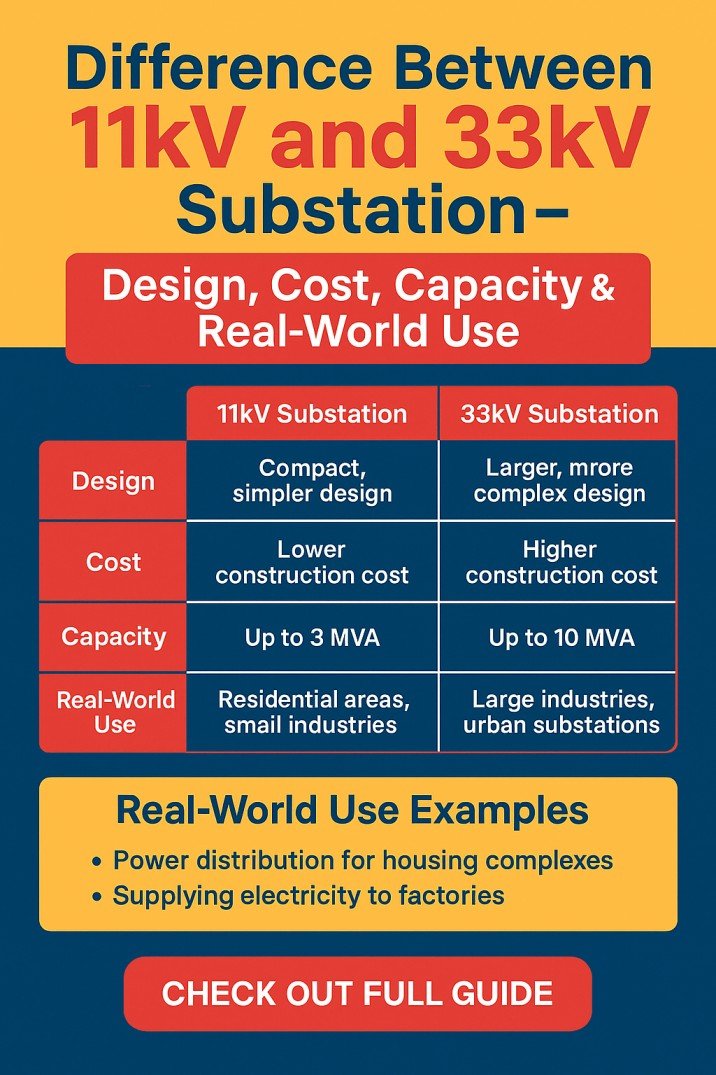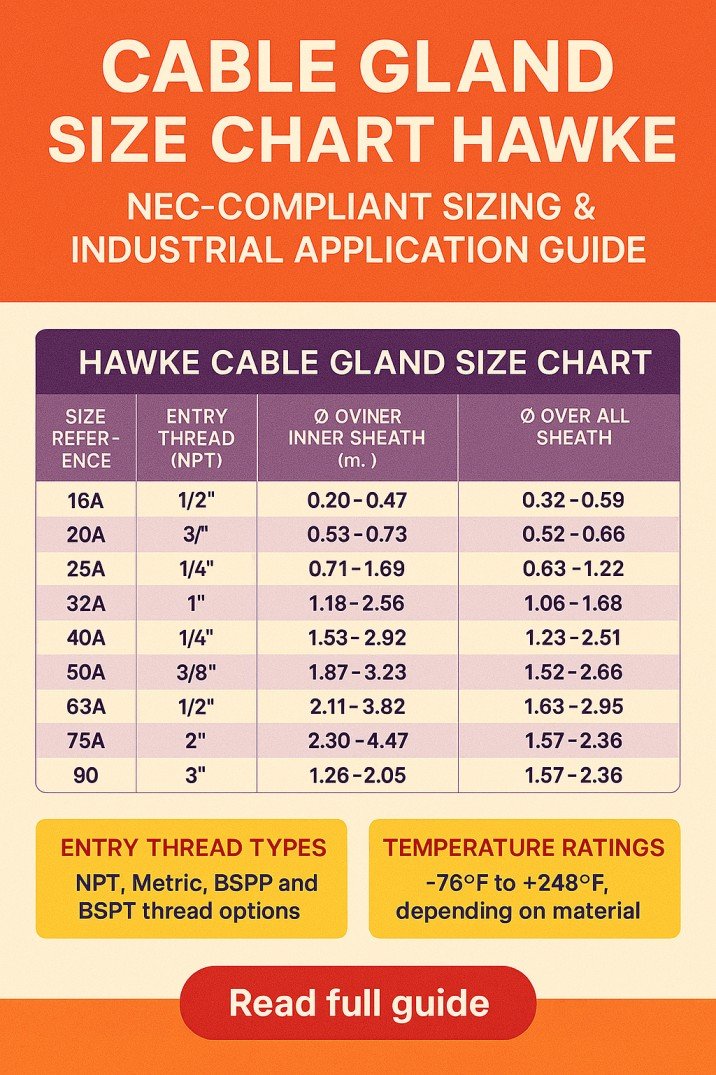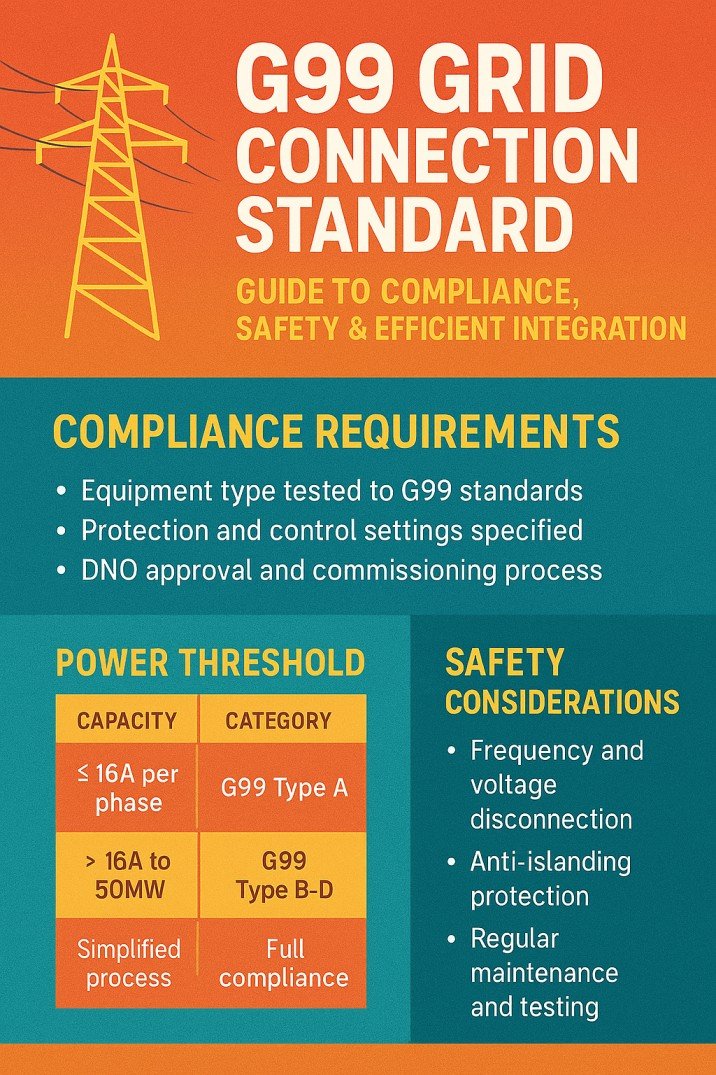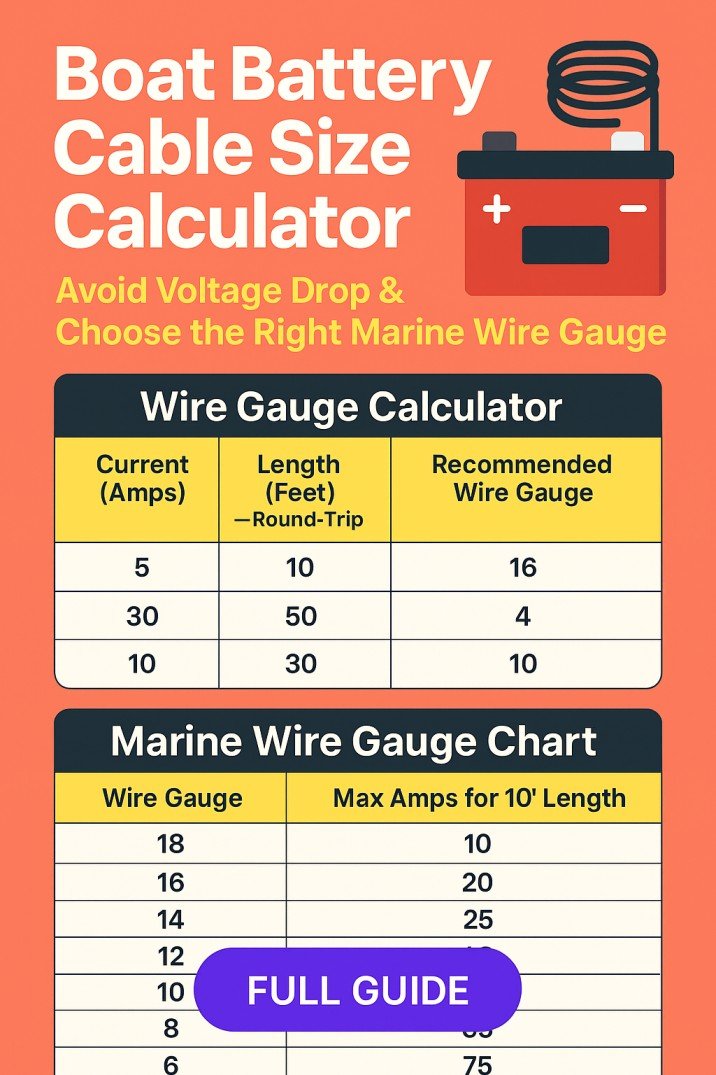DC to DC Converter 24V to 12V: A Comprehensive Overview
A DC to DC converter 24V to 12V is a crucial electronic device used to step down the voltage from 24 volts to a stable 12V output. This type of converter is commonly used in various applications where a lower voltage is required from a 24V power source.
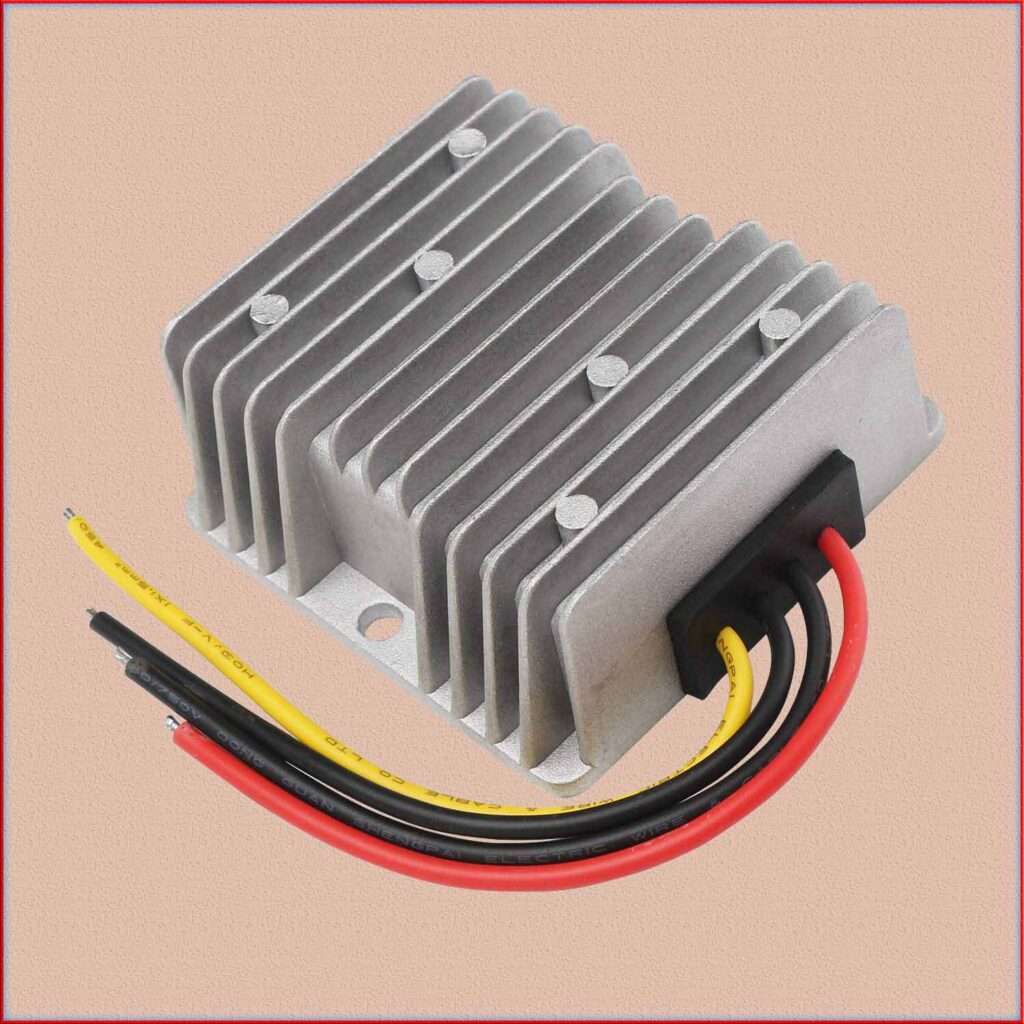
Let’s explore the components, wiring details, and applications of a DC to DC converter 24V to 12V.
Read More About
Components of DC to DC Converter 24V to 12V
Step-Down Transformer: Unlike traditional AC transformers, a step-down transformer is not used for DC to DC conversion. Instead, electronic components such as inductors and capacitors are employed.
Switching Regulator: The heart of the DC to DC converter is the switching regulator. It operates in a high-frequency switching mode to efficiently regulate the output voltage. Common types of switching regulators used for this application are buck converters and buck-boost converters.
Inductor and Capacitor: These components are essential for energy storage and filtering in the switching regulator circuit.
Diode: In some cases, a diode may be used to prevent reverse current flow and protect the circuit.
Heat Sink: As power conversion can generate heat, a heat sink is often used to dissipate excess heat and maintain the converter’s efficiency and reliability.
Wiring Details of DC to DC Converter 24V to 12V
Input Wiring: The input wiring is connected to the 24V DC power source, such as a battery or a power supply.
Switching Regulator Wiring: The 24V input is connected to the switching regulator, which performs the step-down conversion to 12V DC.
Output Wiring: The output wiring is connected to the output terminals of the DC to DC converter, where the stable 12V DC voltage is obtained.
Applications of DC to DC Converter 24V to 12V
DC to DC converters that convert 24V to 12V are widely used in various applications where a stable and regulated 12V supply is required from a 24V input. Here are some common applications of such converters:
Automotive Electronics: In vehicles and automotive systems, many electronic components and accessories operate on 12V, while the vehicle’s electrical system typically provides a 24V supply. DC to DC converters are used to step down the voltage to power devices such as car stereos, navigation systems, lighting, and other electronics.
Industrial Equipment: In industrial settings, there are numerous devices and sensors that run on 12V. Converting the higher voltage from the main power supply to 12V enables the operation of various industrial automation equipment, PLCs (Programmable Logic Controllers), sensors, and control systems.
Telecommunications: Telecommunication equipment often requires a stable 12V supply for powering various modules and subsystems. DC to DC converters are used in networking equipment, base stations, routers, and other communication systems to achieve the necessary voltage level.
Solar Power Systems: Solar panels generate varying voltage levels based on sunlight intensity. A DC to DC converter is used to step down the voltage from the solar panels to a stable 12V, which can then be used to charge batteries or power low-voltage DC devices in solar-powered systems.
Embedded Systems and IoT Devices: Many embedded systems and IoT devices are designed to operate on 12V for power efficiency and compatibility with various electronic components. DC to DC converters are used to provide the required voltage level from higher input sources.
Radio Control (RC) Vehicles: RC cars, boats, and airplanes often use 12V batteries for powering the onboard electronics. DC to DC converters are utilized in these systems to ensure proper voltage levels for the control circuitry and servos.
Marine and Recreational Vehicles (RVs): Both marine vessels and RVs commonly use 12V systems for lighting, appliances, and other accessories. DC to DC converters are employed to step down the voltage from higher battery banks or generators to supply the 12V loads.
Portable Electronic Devices: In some cases, portable devices or gadgets that typically operate on 12V may need to be powered from sources that provide a higher voltage, such as external battery packs or power banks. DC to DC converters are used to adapt the voltage to the required level.
Overall, DC to DC converters that convert 24V to 12V are essential components in various applications where voltage conversion is necessary for efficient and safe operation of electronic devices and systems.
In conclusion, a DC to DC converter 24V to 12V is a vital electronic device used to efficiently step down the voltage from 24 volts to a stable 12V output. It involves components like a switching regulator (buck or buck-boost), inductor, capacitor, diode (if required), and heat sink.
The converter is used in various applications, including automotive electronics, telecommunications, marine and RV setups, industrial equipment, renewable energy systems, and security systems, where a stable and regulated 12V DC power supply is essential for proper operation.
Its ability to efficiently convert 24V to 12V makes it a valuable component in various applications requiring different voltage levels.
Follow Us on Social:
Subscribe our Newsletter on Electrical Insights for latest updates from Electrical Engineering Hub
#DCtoDCConverter, #24Vto12V, #VoltageConverter, #PowerSupply, #ElectronicsProjects, #DCConverter, #StepDownConverter, #AutomotiveElectronics, #ElectricalEngineering, #DIYElectronics, #PowerElectronics, #CircuitDesign, #EnergyConversion, #12VSystem, #DCVoltageDrop


